Intro
Discover the common causes of warts starting, including viral infections, skin-to-skin contact, and weakened immunity, to understand how human papillomavirus (HPV) triggers wart growth and spreads.
Warts are a common skin condition that affects millions of people worldwide. They are small, rough growths that can appear on various parts of the body, including the hands, feet, face, and genital area. Warts are caused by the human papillomavirus (HPV), which is a highly contagious virus that can be spread through skin-to-skin contact or by touching contaminated surfaces. In this article, we will explore the causes of warts, their symptoms, and treatment options.
Warts can be embarrassing and uncomfortable, especially if they appear in visible areas. They can also be painful, especially if they appear on the soles of the feet or on the palms of the hands. Understanding the causes of warts is essential in preventing and treating them. The HPV virus is the primary cause of warts, and it can be spread through various means, including skin-to-skin contact, sharing personal items, and walking barefoot in public areas.
The HPV virus can enter the body through small cuts or scratches in the skin, and it can take several months for warts to appear after exposure to the virus. Warts can also be spread through sexual contact, and they are more common in people who have weakened immune systems. People with certain medical conditions, such as eczema or psoriasis, are also more susceptible to warts.
Types Of Warts
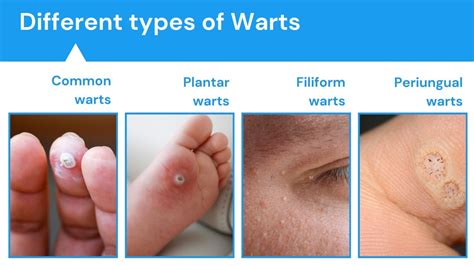
There are several types of warts, including common warts, plantar warts, flat warts, and genital warts. Common warts are the most common type of wart and can appear on various parts of the body. Plantar warts appear on the soles of the feet and can be painful. Flat warts are small and flat, and they can appear on the face, hands, or feet. Genital warts are a type of sexually transmitted infection (STI) and can appear on the genitals, anus, or thighs.
Causes Of Warts
Warts are caused by the HPV virus, which is a highly contagious virus that can be spread through skin-to-skin contact or by touching contaminated surfaces. The virus can enter the body through small cuts or scratches in the skin, and it can take several months for warts to appear after exposure to the virus. Warts can also be spread through sexual contact, and they are more common in people who have weakened immune systems.Symptoms Of Warts
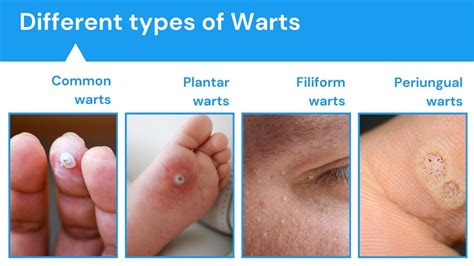
The symptoms of warts can vary depending on the type of wart and its location. Common symptoms of warts include small, rough growths on the skin, itching or bleeding, and pain or discomfort. Warts can also be embarrassing and uncomfortable, especially if they appear in visible areas. In some cases, warts can disappear on their own without treatment, but they can also persist for months or even years if left untreated.
Treatment Options For Warts
There are several treatment options for warts, including over-the-counter treatments, prescription medications, and surgical removal. Over-the-counter treatments, such as salicylic acid or cryotherapy, can be effective in removing warts, but they can also have side effects, such as skin irritation or scarring. Prescription medications, such as imiquimod or podofilox, can also be effective in treating warts, but they can have side effects, such as skin irritation or flu-like symptoms.Prevention Of Warts
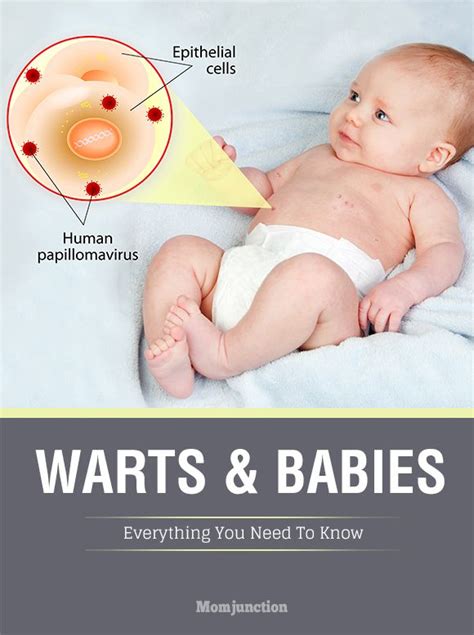
Preventing warts is essential in reducing the risk of infection. There are several ways to prevent warts, including practicing good hygiene, avoiding skin-to-skin contact with people who have warts, and wearing protective clothing, such as gloves or socks, when engaging in activities that involve skin-to-skin contact. It is also essential to avoid sharing personal items, such as towels or razors, and to wash hands regularly, especially after touching warts.
Complications Of Warts
Warts can cause several complications, including skin irritation, scarring, and emotional distress. Warts can also be painful, especially if they appear on the soles of the feet or on the palms of the hands. In some cases, warts can also lead to more serious complications, such as cervical cancer or genital cancer, especially if left untreated.Home Remedies For Warts
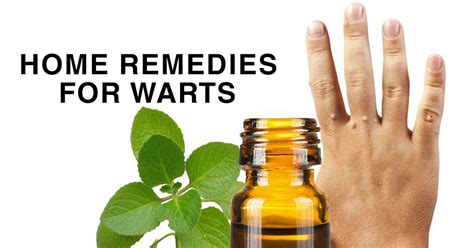
There are several home remedies for warts, including duct tape, castor oil, and tea tree oil. Duct tape can be effective in removing warts by covering the wart with duct tape for several days. Castor oil and tea tree oil can also be effective in treating warts by applying them directly to the wart. However, it is essential to consult a doctor before trying any home remedies, especially if you have a weakened immune system or if you are pregnant or breastfeeding.
Natural Remedies For Warts
There are several natural remedies for warts, including aloe vera, garlic, and onion. Aloe vera can be effective in treating warts by applying it directly to the wart. Garlic and onion can also be effective in treating warts by applying them directly to the wart. However, it is essential to consult a doctor before trying any natural remedies, especially if you have a weakened immune system or if you are pregnant or breastfeeding.Wart Removal Procedures
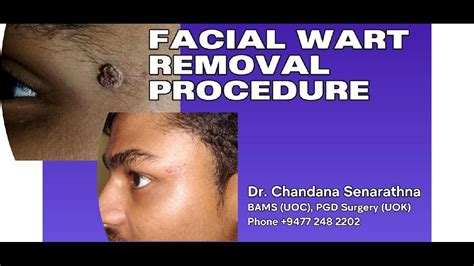
There are several wart removal procedures, including cryotherapy, laser therapy, and surgical removal. Cryotherapy involves freezing the wart with liquid nitrogen, while laser therapy involves using a laser to destroy the wart. Surgical removal involves cutting out the wart, and it is usually performed under local anesthesia. However, it is essential to consult a doctor before undergoing any wart removal procedure, especially if you have a weakened immune system or if you are pregnant or breastfeeding.
Aftercare For Wart Removal
Aftercare for wart removal is essential in reducing the risk of complications. It is essential to keep the area clean and dry, and to avoid picking at the scab or scratching the area. It is also essential to avoid sharing personal items, such as towels or razors, and to wash hands regularly, especially after touching the area. In some cases, it may be necessary to take antibiotics or pain medication to reduce the risk of infection or discomfort.Wart Prevention Tips
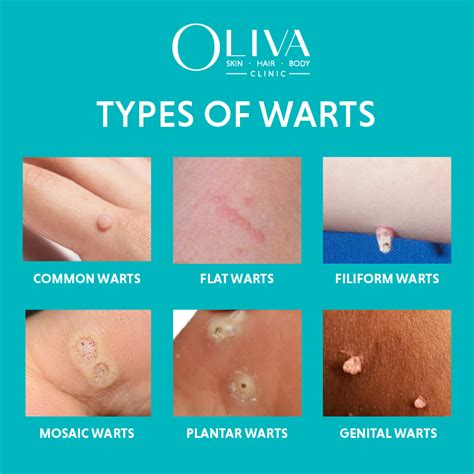
There are several wart prevention tips, including practicing good hygiene, avoiding skin-to-skin contact with people who have warts, and wearing protective clothing, such as gloves or socks, when engaging in activities that involve skin-to-skin contact. It is also essential to avoid sharing personal items, such as towels or razors, and to wash hands regularly, especially after touching warts. Additionally, it is essential to get vaccinated against HPV, especially if you are sexually active or if you have a weakened immune system.
Wart Treatment Options For Children
There are several wart treatment options for children, including over-the-counter treatments, prescription medications, and surgical removal. However, it is essential to consult a doctor before treating warts in children, especially if they have a weakened immune system or if they are taking any medications. In some cases, it may be necessary to use a combination of treatments, such as over-the-counter treatments and prescription medications, to effectively remove warts.Wart Treatment Options For Adults

There are several wart treatment options for adults, including over-the-counter treatments, prescription medications, and surgical removal. However, it is essential to consult a doctor before treating warts, especially if you have a weakened immune system or if you are taking any medications. In some cases, it may be necessary to use a combination of treatments, such as over-the-counter treatments and prescription medications, to effectively remove warts.
Wart Removal Costs
The cost of wart removal can vary depending on the type of treatment and the location. Over-the-counter treatments can be relatively inexpensive, while prescription medications and surgical removal can be more expensive. However, it is essential to consult a doctor before undergoing any wart removal procedure, especially if you have a weakened immune system or if you are pregnant or breastfeeding.What are the causes of warts?
+Warts are caused by the human papillomavirus (HPV), which is a highly contagious virus that can be spread through skin-to-skin contact or by touching contaminated surfaces.
How can I prevent warts?
+Preventing warts is essential in reducing the risk of infection. There are several ways to prevent warts, including practicing good hygiene, avoiding skin-to-skin contact with people who have warts, and wearing protective clothing, such as gloves or socks, when engaging in activities that involve skin-to-skin contact.
What are the symptoms of warts?
+The symptoms of warts can vary depending on the type of wart and its location. Common symptoms of warts include small, rough growths on the skin, itching or bleeding, and pain or discomfort.
In summary, warts are a common skin condition that can be caused by the HPV virus. Understanding the causes of warts is essential in preventing and treating them. There are several treatment options for warts, including over-the-counter treatments, prescription medications, and surgical removal. Preventing warts is also essential in reducing the risk of infection, and there are several ways to prevent warts, including practicing good hygiene and avoiding skin-to-skin contact with people who have warts. If you have warts, it is essential to consult a doctor to determine the best course of treatment. We hope this article has provided you with helpful information about warts and their treatment options. If you have any further questions or concerns, please do not hesitate to comment below or share this article with others.
